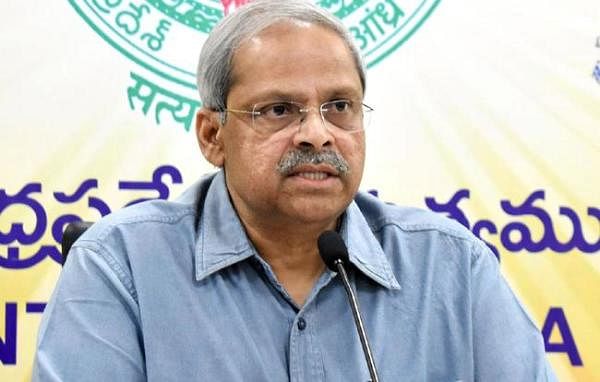
When a Union Minister withdraws his comments linking the box office collections of movies to the health of economy, it raises questions on the government’s stand on the challenge at hand. "I was also told that on October 2, which is observed as one of the national holidays, three Hindi movies garnered Rs 120 crore business... Unless the economy is sound in the country how can only three movies collect so much business in a single day?" Ravi Shankar Prasad had said.
Despite data in the public domain showing that many sectors have a challenge situation at hand, the government is in a denial mode over India’s economic slowdown, Parakala Prabhakar, former Communications Adviser to the Andhra Pradesh government, wrote in his piece in The Hindu.
Spelling out the numbers on private consumption, lack of growth in exports, unemployment and dwindling GDP growth, Finance Minister Nirmala Sitharaman’s husband wrote: “The government, however, is yet to show signs that it has come to grips with what ails the economy. Much less evidence is available to believe that it has a strategic vision to address the challenges.”
The government does not seem to have a strategic vision to address the challenges, he said. “The BJP’s flirting with Gandhian socialism did not last for more than a few months after its founding. In economic policy, the party mainly adopted ‘Neti Neti (Not this, Not this’), without articulating what was its own ‘Niti (policy)’,” he wrote.
He said that the problem is rooted in the BJP's “reluctance to develop its own coherent set of ideas about the country’s economy”. So far, the party's economic ideology and its articulation have been limited to criticizing the Nehruvian “socialistic pattern of society”, he explained, adding that the saffron party never articulated its own policy. As a result, he further stated, the saffron party's campaign pitch of 'India Shinning' under the Vajpayee government failed to impress the voters in 2004.
"The present leadership of the party is perhaps sharply aware of it. It took care not to offer the economic performance of its government as a claim for re-election. It instead chose, wisely, a muscular political, nationalist, security platform," he wrote.
While the BJP continues to attack the Nehruvian economic framework, “the party think tank fails to realise that the attack remains more a political assault and can never graduate to an economic critique”, Prabhakar added.
He further pointed out that the current economic quandary is due to the BJP's unwillingness to take their eyes off the Nehruvian policy framework, which the Congress replaced with PV Narasimha Rao and Manmohan Singh governments. The Rao-Singh policy, which was embraced by almost every political party who then formed the government, remained largely unaltered. Even as the Congress distanced itself from Rao's contributions, the party retained its connect with the 1991 shift.
According to Prabhakar, a full-fledged embrace and an aggressive pursuit of Rao’s 1991 architecture even now could provide the BJP and the government led by Prime Minister Narendra Modi 'a lodestar to steer the economy' out of this economic challenge.